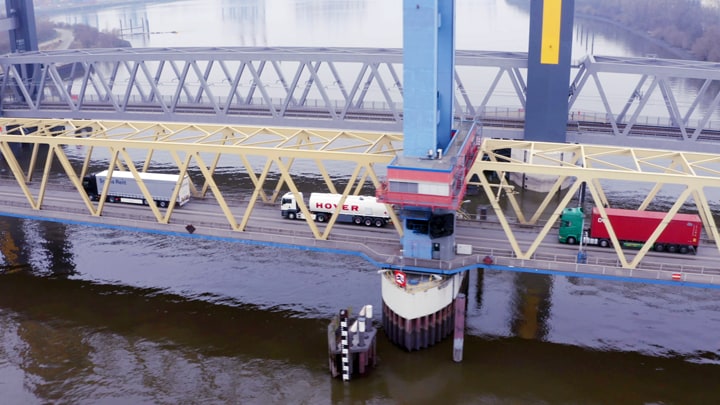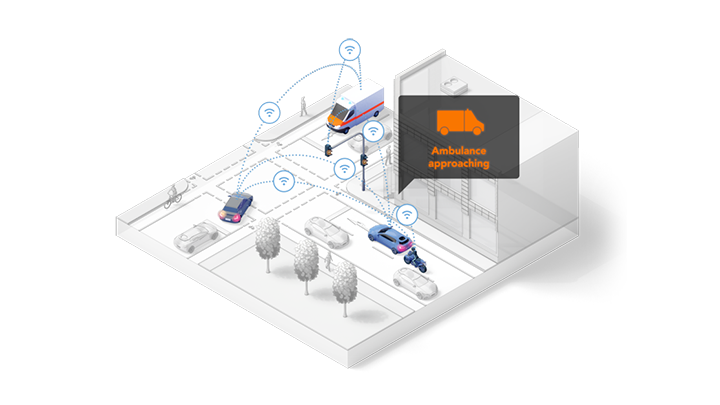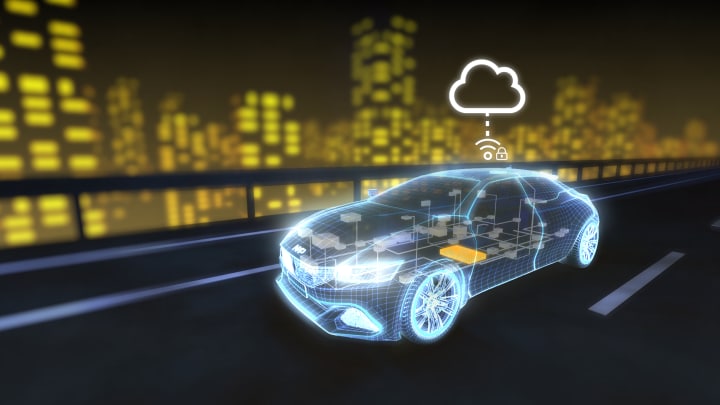As the automotive industry increases its support of safety initiatives such as
Vision Zero, the need for a robust V2X solution continues to grow. Evidence
can be seen from increased deployment in production vehicles and road
infrastructure and the many trials taking place across Europe.
Connected, safe driving is poised to make a real and positive impact. The
transformation in Europe from traditional ITS to C-ITS is well underway, with
major car OEMS like Volkswagen demonstrating their belief in the value of V2X.
For this transformation to be successful, it is essential that the entire
industry adopt one common, stable, mature and proven V2X technology. This is
happening in Europe with Wi-Fi based DSRC technology, also known as ITS-G5 or
802.11p. Here are some of the latest examples:
Following the Volkswagen Golf 8, launched in Oct 2019, the latest ID. electric
series of Volkswagen cars are equipped with DSRC-based V2X technology. Every
one of its 8th generation Golf and ID. vehicles are enabled with V2X
connectivity on standard models. This is the largest global implementation of
V2X in production cars and a huge step forward towards Vision Zero.
Europe Is the Forerunner in V2X Communication
Car OEMS are not the only ones implementing V2X. Pioneers and leaders on the
infrastructure side also believe in the future of V2X. The Austrian motorway
operator ASFINAG has started to equip motorways nationwide with DSRC V2X technology, enabling reliable low latency
communication between road infrastructure in Austria and V2X-enabled
vehicles which are rolling out in the market right now.
In Germany, the deployment of DSRC V2X in infrastructure is happening as
well. The city of Ludwigsburg has equipped all traffic lights and
intersections with Cohda Wireless’ V2X technology to enable fire trucks and
rescue service teams to get to accidents and emergency sites faster,
potentially saving lives.
In Hamburg, as part of the funded “Green4Transport” innovation project, the
Hamburg Port Authority has worked with NXP, Siemens and Technolution to
improve traffic flow in the busy harbour area leveraging NXP V2X technology.
V2X road side units (RSUs) have already been mounted to the traffic light
controllers, and since early 2021, 150 trucks are equipped with onboard
units (OBUs) featuring V2X technology. The bi-directional communication
between RSU and OBU enables truck drivers with an installed OBU to request a
priority at the traffic crossings and the RSU to send speed advice
information and countdown for the next green phase to the OBUs. Watch a
summary video
here .

Figure 1: Green4Transport: Trucks equipped with V2X technology driving through the port of Hamburg.
V2X communication is also an essential part when it comes to autonomous
driving. The city of Hamburg has made V2X part of their test track for
autonomous vehicles (
TAVF ) right in the city center. The traffic light system is being
upgraded using DSRC to deliver infrastructure-to-vehicle (I2V) and
vehicle-to-infrastructure (V2I) connectivity. This pioneering project gives
technology companies, research institutes and automotive OEMs access to a
real-world test environment. In addition to NXP, Volkswagen, Ibeo,
Continental and the DLR (German Aerospace Center) are the
first beneficiaries of the test environment.
Other cities are also making efforts in V2X development. In Brunswick,
Volkswagen AG and Bellis GmbH (a subsidiary of SIEMENS Mobility GmbH and
BS|ENERGY) have developed the project idea
"Influencing Cars" . V2X communication in this project will improve the access route to
the Volkswagen Financial Services parking lots. Car2X data from the new Golf
8 and ID. electric vehicles is key to optimizing traffic control at traffic
signals for realizing the access route improvement.
All these V2X deployment programs have been realized with NXP’s
automotive
RoadLINK® V2X
product family. The latest chipsets are the newly released single-chip V2X
modem SAF5400 and the fully certified hardware secure element
SXF1800
for compliance with Common Criteria EAL4+ and the FIPS 140-2 Level 3.
V2X Around the Globe
Other parts of the world also acknowledge the maturity and reliability that
DSRC V2X offers. Despite emerging alternative technologies, they continue
with the deployment of DSRC. The Singapore Land Transport Authority for example has announced the replacement
and upgrade of the current Electronic Road Pricing (ERP) system, which was introduced 20 years ago, with the
next generation system. The new system is
DSRC based and will be able to provide additional information such as
real-time road traffic updates and locations of nearby school zones and
silver zones to alert vehicle drivers to look out for more vulnerable road
users. The replacement and upgrade will start in the second half of 2021.
In Korea, a country known for early and fast high-tech adoption, the government
has announced the start of a C-ITS rollout in 44 cities and national
expressways, starting in 2021 through 2025. The goal is to complete the
C-ITS deployment across the entire expressway network, covering a total
length of 4075 km by 2025. This deployment project is part of the
“Korean New Deal” , a much larger government economy stimulus program announced in July
2020.

The Time for Connected Driving is Here
As part of the IEEE 802.11 family of standards, 802.11p provides low latency
for ad hoc connectivity between multiple devices. It is a proven and mature
technology with over one million days of field test logged. This is
testament to its safety and security, enabled by its robustness and
suitability to the challenging V2X environment.
V2X is already redefining the logistics of mass people and freight
transport. Its use will complement ADAS as we move towards increasing levels
of autonomy. More importantly, V2X deployment is increasing, bringing the
benefits of connectivity to the entire transport infrastructure.
There is strong evidence that this is now happening, and with that we can
expect to benefit from the full potential of V2X and C-ITS. As more systems
come online, this potential will be fully unleashed as the adoption rate
grows.






